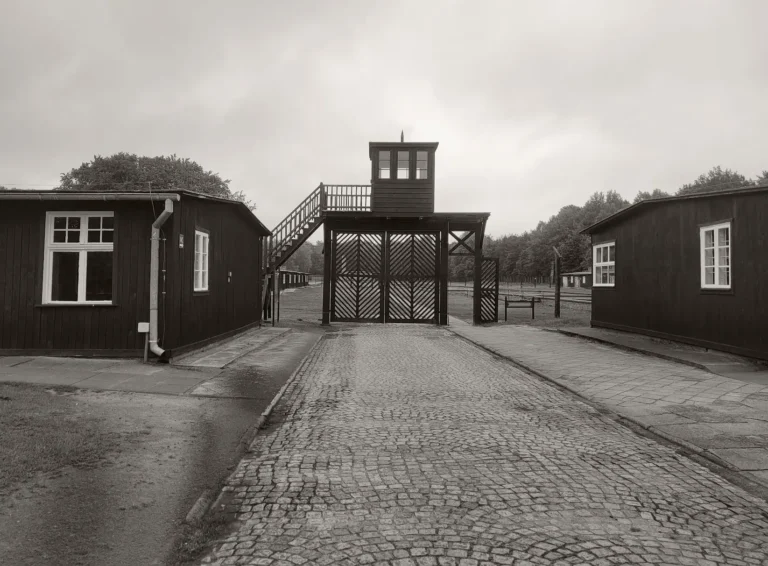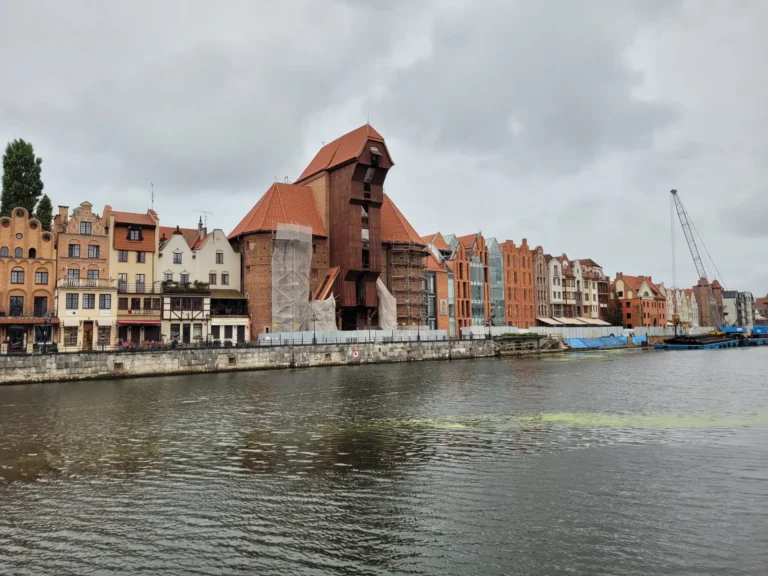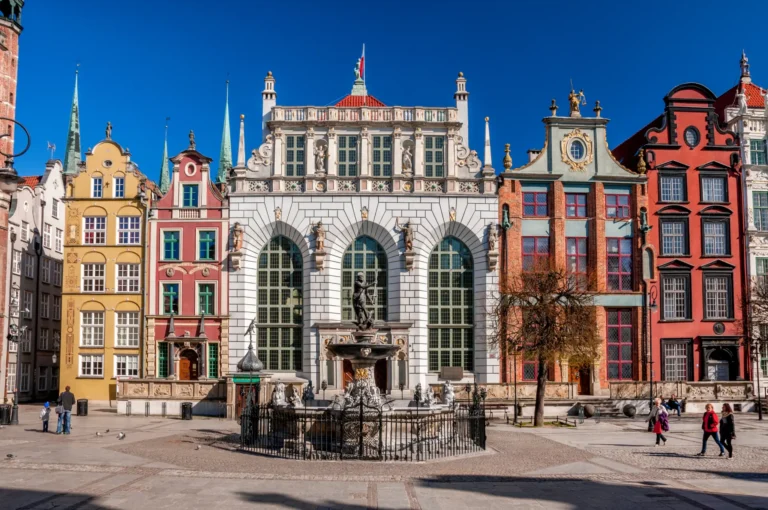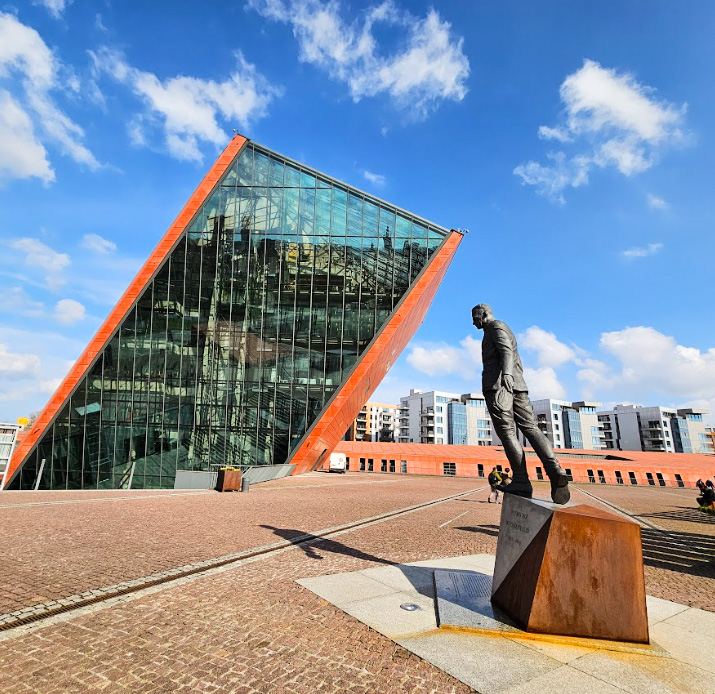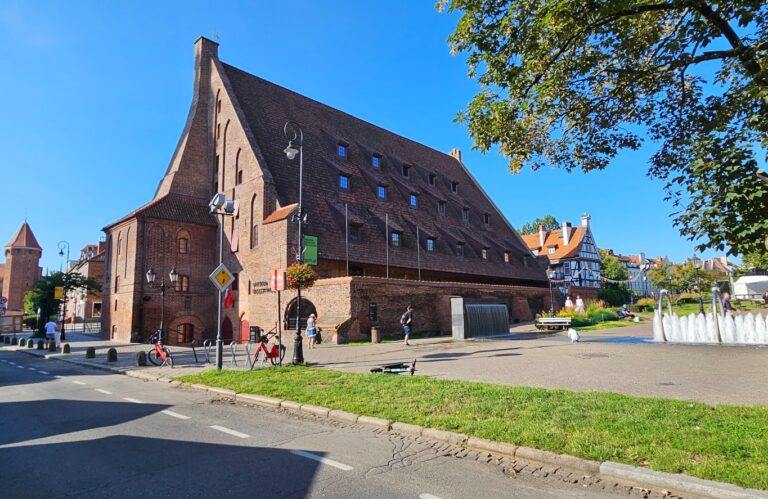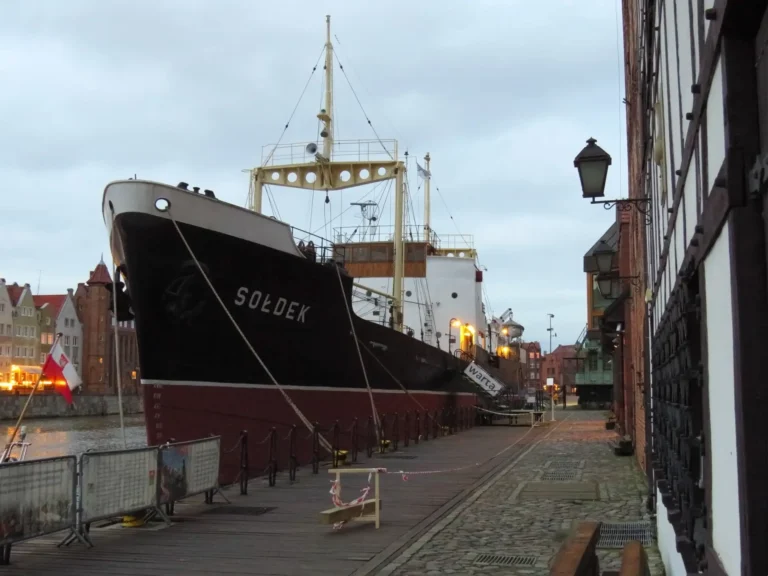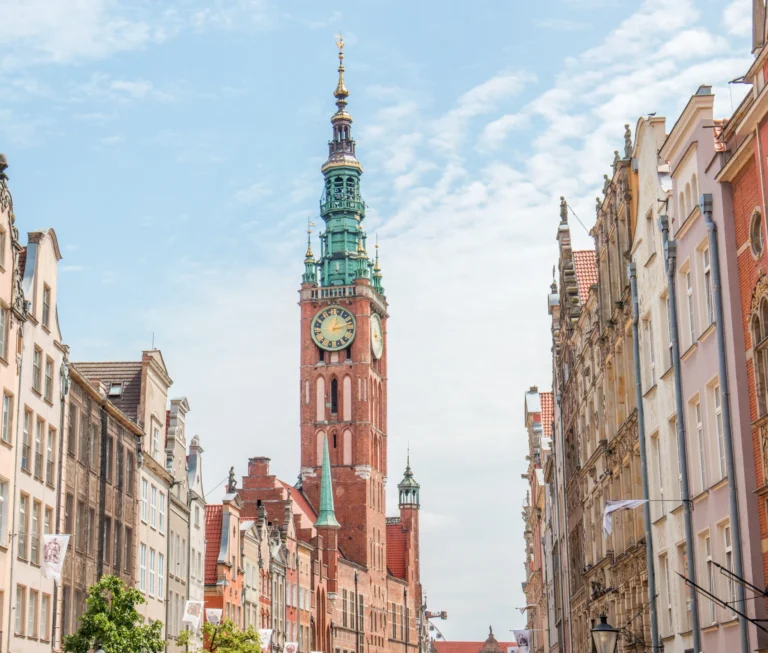Westerplatte

More about Westerplatte
Westerplatte, picturesquely situated on a peninsula on the Bay of Gdańsk, is a place of great historical importance. The name has not changed over the centuries, which proves its unique cultural identity. It is a symbol of national myths and heroism in the face of war aggression in 1939, when the first act of armed aggression by Germany against Poland took place. It was here that the first battle of World War II took place, lasting from September 1 to September 7, during which the Polish garrison defended itself heroically for 7 days.
Touring Westerplatte
Visiting the Museum of the World War II with a guide in Polish
Visit one of the best-rated museums in Poland. An official guide will take you through the history and interesting facts, so you won’t miss anything. See all the exhibits at the permanent exhibition and listen to fascinating stories.
- Admission tickets to the Museum of the Second World War
- Official Polish speaking Guide
- Headsets to hear your guide clearly
- Visiting the permanent exhibition
- Reservation changes can be made up to 24 hours before departure
Meeting point: Monument to Captain Witold Pilecki, in front of the entrance to the Museum of the Second World War.
- The museum exhibition is located underground, which may result in lack of coverage during the visit
- The guide will help you understand the broader context of historical events related to World War II
- Tours accessible to people with disabilities
- Moving between floors is possible using an elevator
- Organizer: Etours sp. z o. o.
Visiting the Museum of World War II with a guide in English
We invite you to one of the most interesting museums in Poland! With open access to public information, you will learn history and special curiosities, without omitting any additional substances. Visit the exhibition and listen to fascinating stories.
- Entrance tickets to the Museum of the Second World War
- Official English speaking Guide
- Headsets to hear your guide clearly
- Visiting the permanent exhibition
- Reservation changes can be made up to 24 hours before departure
Meeting point: Monument to Captain Witold Pilecki, in front of the entrance to the Museum of the Second World War.
- The museum exhibition is located underground, which may result in lack of coverage during the visit
- The guide will help you understand the broader context of historical events related to World War II
- Tours accessible to people with disabilities
- Moving between floors is possible using an elevator
- Organizer: Etours sp. z o. o.
The most interesting places
Westerplatte
Westerplatte, once an ordinary military depot, has entered the annals of history as the place where World War II began. Since 1926, the peninsula, located in the Free City of Danzig, served Poland as a military transit point, with a symbolic but strategic garrison presence. In the first days of September 1939, 182 Polish soldiers defended themselves against the German attack, which was numerically and technically superior to them. This heroic defense lasted 7 days, even though it was planned that the facility would only last 12 hours. The German offensive began with the shelling of the battleship Schleswig-Holstein in the morning hours of September 1. Despite heavy fire and repeated attacks, the Polish defenders, using concrete shelters and field fortifications, repelled each attack, inflicting significant losses on the enemy. Their perseverance and determination gained respect even among German soldiers, which emphasized the unique nature of the defense. After fierce battles and repeated harassment by German artillery, on September 7, in the face of overwhelming enemy forces and no hope for relief, Major Henryk Sucharski, the commandant of the outpost, decided to capitulate. Westerplatte, despite its painful history, remains a symbol of Polish bravery and determination, reminding us of the high price that European nations paid during World War II.
The most popular attractions
Westerplatte reviews in Google:
Frequently Asked Questions
One of the first battles of World War II took place at Westerplatte, which began with the attack of the German battleship Schleswig-Holstein on a Polish military outpost on September 1, 1939.
In Westerplatte you can see:
- Monument to the Defenders of the Coast
- Ruins of barracks
- Guardhouse No. 1
- Military Cemetery of the Soldiers of the Polish Army
- Commemorative Plaques
- Remains of the Military Transit Depot
The name Westerplatte means “western island” and comes from German.
You can get to Westerplatte from the Main Railway Station by bus.
Lines 606 and 138 run there
Westerplatte is located in Gdańsk, at the mouth of the Martwa Wisła River in the Bay of Gdańsk, north of the city center.
Entrance to the Westerplatte area is free. Visiting specific facilities, such as Guardhouse No. 1 or the museum, requires paying an entrance ticket.

